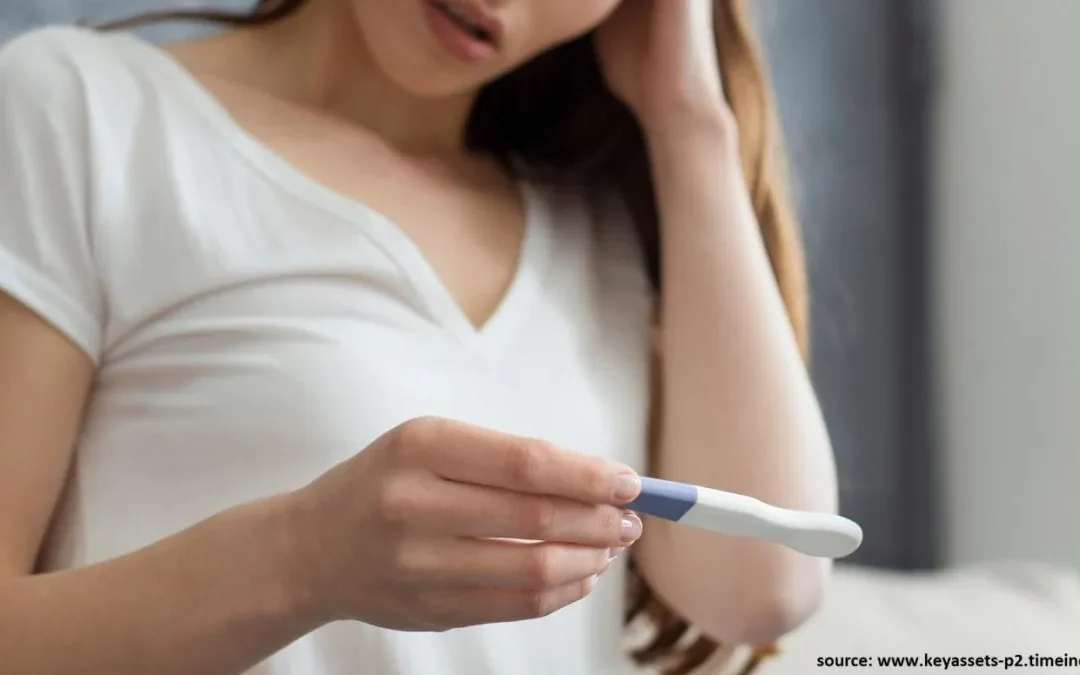We understand that trying to conceive is one big waiting game. You never know whether this is the month that pregnancy test will turn positive.
Fortunately, there are some things you can do to boost your chances of getting pregnant each month. For example, you can eat healthily, track your cycle, take prenatal vitamins, and maybe for good measure, take some tips from old wives tales.
However, sometimes what you do not do is just as important. Here is what to avoid when you are trying to get pregnant:
Smoking
Smoking, along with hurting your general health can increase the risk of lung, colon and pancreatic cancer. It can also jeopardize your chances of conceiving.
When women smoke, it speeds up the ageing process of their ovarian follicles. It can, in turn, lead to early menopause and infertility. So, stop smoking at all costs.
Men, too, should avoid this habit. Although the effects of smoking are not as clear in men, research suggests that the habit may affect the structure and function of sperm.
Excessive caffeine
You don’t have to give up your morning pick-me-up totally. However, you might want to cut down on the number of glasses you consume each day. The results vary, but to be safe, limit yourself to two cups each day. According to studies, drinking more than 5 cups of coffee every day significantly reduces fertility.
Furthermore, taking more than 200 mg of caffeine per day (equivalent to two cups of coffee) may raise the risk of miscarriage if you get pregnant.
Keep in mind that the amount of caffeine in different varieties of coffee varies. Starbucks coffee contains more caffeine than other coffee brands. Caffeine can also be found in hot chocolate, tea, energy drinks, and some sodas.
Too much alcohol
Skip the all-you-can-drink bars and wine-bottle-for-two if planning to get pregnant. Although it is unclear how alcohol affects fertility, studies show that consuming more than 2 drinks a day may decrease fertility rates. It can also increase the times a couple takes to conceive. So when you are trying for a baby, drink only occasionally.
Also, avoid it completely when you do become pregnant. No amount is safe once you have a baby in your womb.
Being a couch potato
Most doctors suggest that adults get 150 minutes of moderate exercise per week for overall health. If you are not hitting that target, step up your routine.
Research suggests that women who do moderate exercise (where you are breathing hard but can still talk) can conceive a bit more quickly than those who do not. However, exercising too much is also not a good option.
So, start slowly and increase your pace and intensity gradually. A simple trick is to park your car farther from the store. Get some steps in and take the stairs instead of an elevator.
Find a sport or other physical activity that interests you and that you want to do. You will have a high chance of sticking to it if you do not feel forced into it.
Extreme exercise
Although exercise can potentially shorten the amount of time required to conceive, it is also best to avoid too much exercise. A study that shows moderate exercise takes less time to conceive.
However, it is also found that over-exercising and high-intensity workouts can contribute to a longer time to conceive. One possible reason is that too much exercise can lead to severe weight loss and hormonal shifts. This, in turn, can cause irregular or missed periods.
Junk food
We cannot conclude that certain foods, diets or supplements will make you more fertile. However, there is evidence that women with infertility because of irregular periods may benefit from reducing their intake of sugar and processed foods.
Also, increase your intake of vegetables, fruits, healthy fats and plant-based proteins for a healthy pregnancy.
Studies show that low fruit and high fast-food consumption contributes to longer pregnancy time. A balanced diet will not only assist you in keeping your weight in check, but it will also help regulate your insulin levels. These factors contribute to increasing your pregnancy chances.
So, follow these above-mentioned tips, if you are trying to conceive. However, if you are unable to conceive naturally, visit your infertility hospital nearby.


